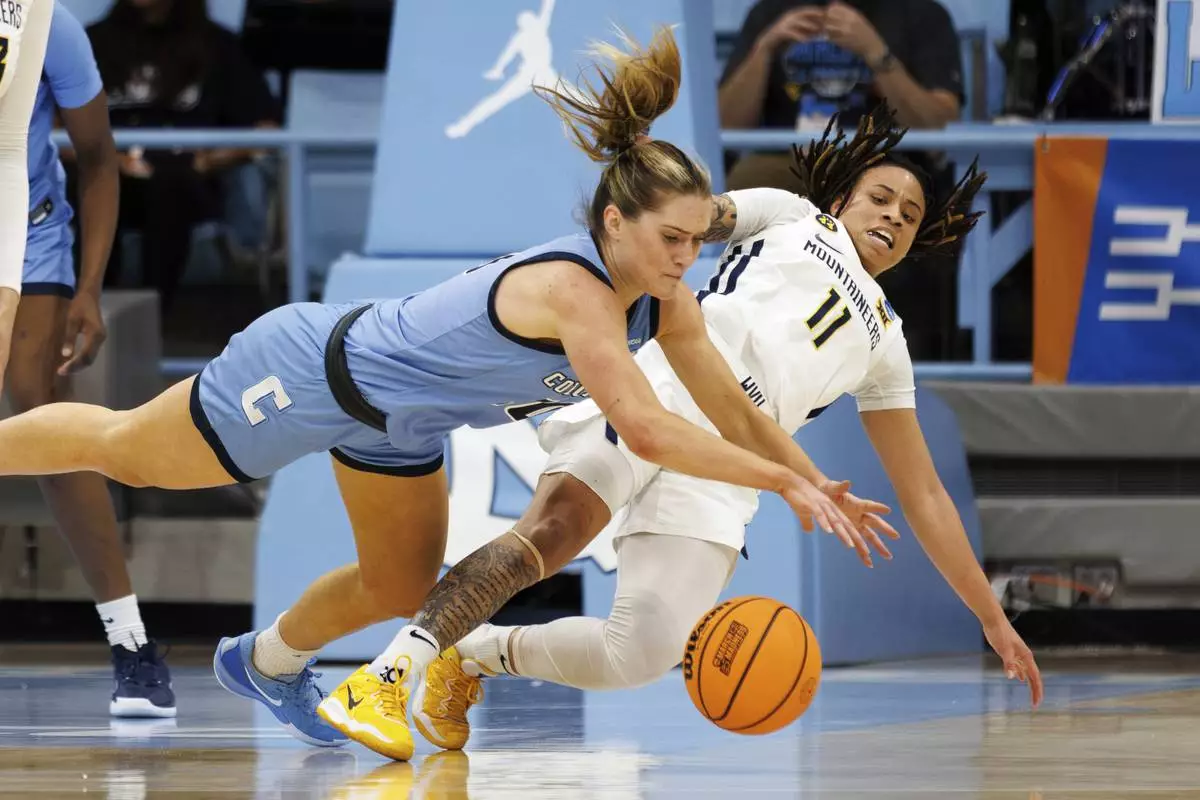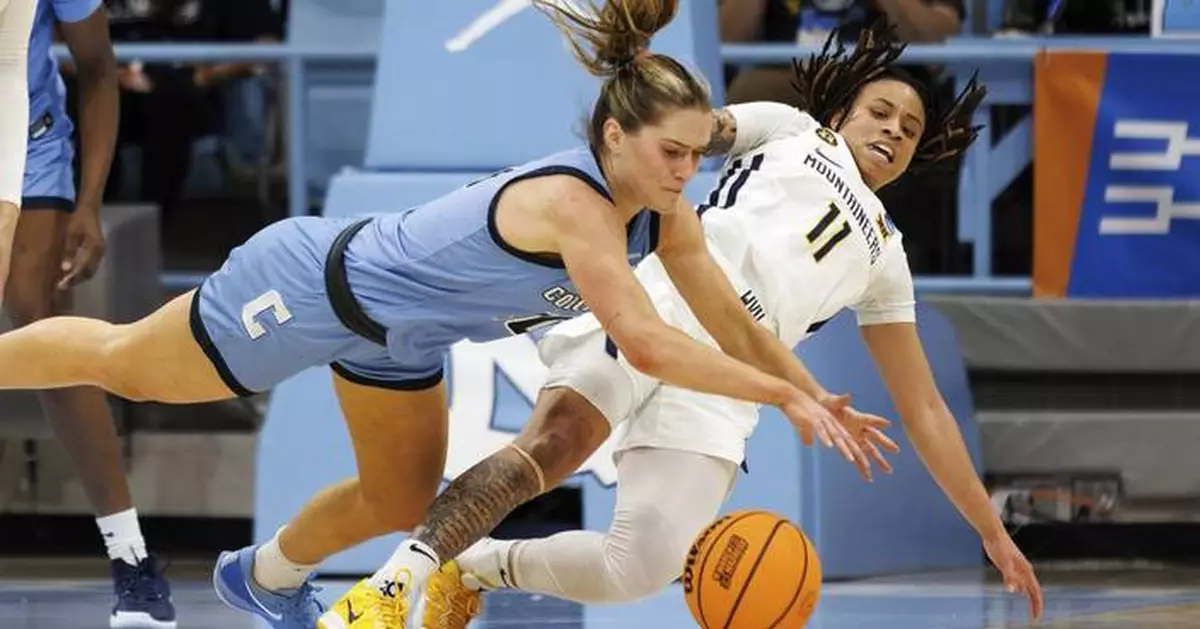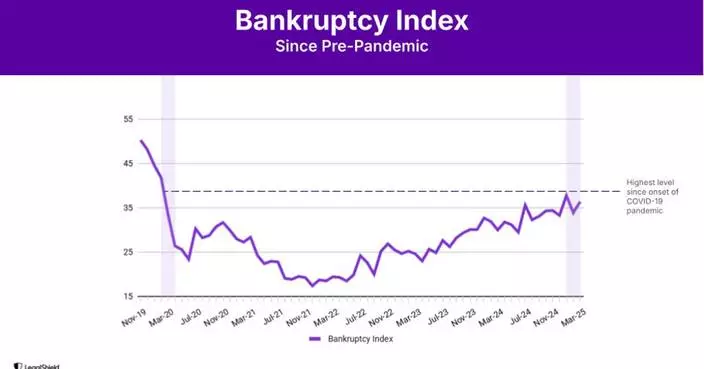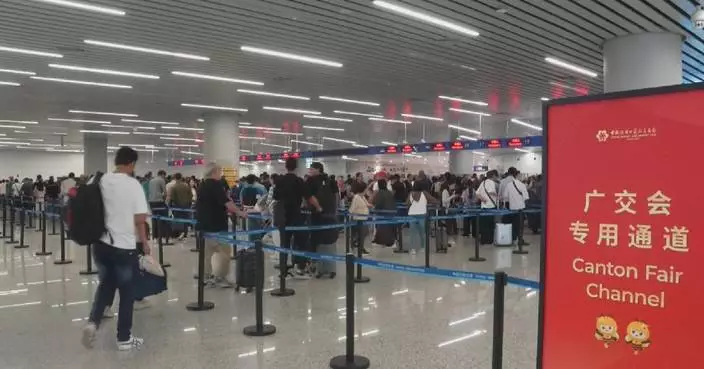CHAPEL HILL, N.C. (AP) — JJ Quinerly scored 27 points, including the 2,000th of her career, Jordan Harrison matched a career-high with 23 and sixth-seeded West Virginia led wire-to-wire in a 78-59 victory over 11th-seeded Columbia on Saturday in the first round of the women’s NCAA Tournament.
Quinerly also had seven of the Mountaineers’ 17 steals.
The Mountaineers (25-7) advance to face the winner of No. 3 North Carolina and No. 14 Oregon State on Monday. West Virginia will be looking for its first Sweet 16 appearance since 1992.
“Excited to advance, obviously. That’s the name of the game this time of year,” West Virginia coach Mark Kellogg said. “I thought for the most part, we were pretty good.”
West Virginia’s full-court press was a constant source of frustration for Columbia, which was coming off its first tournament win in program history. The Lions committed 11 turnovers in the first quarter, more than they had in all of Thursday’s First Four win over Washington, and 25 overall.
“For us, it’s just fun,” Quinerly said of playing defense. “Honestly, we love running around.”
Columbia (24-7) was led by Cecelia Collins’ 16 points. Riley Weiss scored 14, and Kitty Henderson contributed 13 points and nine rebounds.
West Virginia started fast, sinking its first five shots, including a pair of Harrison 3s, to go up 12-5. The Mountaineers finished the quarter shooting 71.4% from the field (10-of-14) while outscoring Columbia 24-15.
The lead only grew from there. West Virginia used a 12-2 run in the second quarter to stretch its lead to 39-16 and rolled into the half up 46-29. Its largest lead of the game was 22 points.
“West Virginia’s a great team and a super unique team in the women’s game,” Columbia coach Megan Griffith said. “They do what not a lot of teams do, especially defensively. March Madness is who can make the other team the most uncomfortable, and I thought that they did that successfully.”
Columbia: The Lions struggled to match the physicality of the Mountaineers, who overwhelmed them 48-20 in the paint.
West Virginia: The top-ranked defense in the Big 12 played to its strengths, frustrating Columbia from the jump. West Virginia turned 15 first-half turnovers into 15 points, building a lead it wouldn’t let slip.
Columbia went scoreless for a stretch of 5 minutes, 28 seconds in the first half as West Virginia ripped off 12 straight points.
West Virginia will play the winner of No. 3 North Carolina and No. 14 Oregon State on Monday.
AP March Madness bracket: https://apnews.com/hub/ncaa-womens-bracket and coverage: https://apnews.com/hub/march-madness Get poll alerts and updates on the AP Top 25 throughout the season. Sign up here.

Columbia's Kitty Henderson, left, and West Virginia's JJ Quinerly (11) battle for a loose ball during the first half in the first round of the NCAA college basketball tournament in Chapel Hill, N.C. Saturday, March 22, 2025. (AP Photo/Ben McKeown)
NEW YORK (AP) — U.S. shoppers stepped up their shopping last month, fueled by a spending spree on big ticket items, particularly cars, before President Donald Trump’s expansive new tariffs started kicking in.
But analysts were quick to point out that the data wasn't a sign of strength but underscored the extreme economic uncertainty that shoppers face and how they want to get ahead of higher prices.
Retail sales rose 1.4% in March, after rising 0.2% in February, according to the Commerce Department.
Tbe number marked the highest percentage gain since January 2023, when it was 4.1%, according to FactSet.
Retail sales fell 1.2% in January, hurt in part by cold weather that kept more Americans indoors, denting sales at car dealers and most other stores.
Excluding sales at motor vehicle and parts dealers, sales rose 0.5% in March, compared with the previous month.
Sales at motor vehicles and parts dealers rose 5.3%, and the report also underscored strength elsewhere. Sales rose at electronics stores, sporting goods retailers and clothing and accessories stores. Grocery stores and online retailers also saw gains. Restaurants had a 1.8% increase. However, furniture and home furnishings stores posted a decline.
“These are simply blow out numbers on March retail sales where the rush is on like this is one gigantic clearance sale,” said Christopher S. Rupkey, chief economist at FWDBonds LLC in a published note. “Consumers are expecting sharply higher prices the next year and are clearing the store shelves and picking up bargains while they can. ”
Economists expect sales will likely fall over the next few quarters.
“With the economy set to cool sharply in the coming months as tariffs take their toll, price-sensitive consumers are poised to become more judicious with their spending and reduce their nonessential purchases," EY Senior Economist Lydia Boussour wrote in a note Wednesday.
Consumers’ confidence has already taken a hit. And a growing number of retailers and suppliers are halting shipments from China as well as pausing orders as they wait to see where the tariffs settle. In some cases, they are canceling orders.
The result of the trade wars so far: a baseline tariff on most countries of 10%, with imports from China getting taxed at a combined 145%. Goods from Canada and Mexico face tariffs of up to 25%, while imported autos, steel and aluminum are taxed at that same rate. China retaliated last week with a 125% tariff on U.S. goods.
Early this month, Trump announced sweeping and steep tariffs on nearly all trading partners. But after Trump’s U- turn last week that paused the new tariffs on about 60 nations for 90 days, average U.S. duties remain much higher than a couple of months ago.
Last Friday, the Trump administration announced tariff exemptions on electronics like smartphones and laptops but a few days later said they’re only a temporary reprieve.
Against this background, U.S. consumer sentiment plunged in April, the fourth consecutive month of drops, in a seemingly sharp disapproval of Trump’s trade wars that have fueled anxiety over possible job cuts and rising inflation.
Ryan Petersen, CEO of Flexport, a global logistics company based in San Francisco, has seen the companies that he works with already raising prices by 5% to 10%.
“We’re going to see it likely play out even more because these tariffs haven’t even washed through the system yet,“ he said. ”So once the goods are arriving paying the higher duties people have no choice but to raise prices to accommodate for that."
He added it's become hard for companies to make investments and set up a supply network given the uncertainty.
Analysts say the big retailers will be able to navigate better than the smaller ones, which don’t have the clout to absorb extra costs or pressure their suppliers. But it also depends on the type of goods they sell, particularly if they have goods sources from overseas.
Ashley Hetrick, principal and sourcing and supply chain segment leader at accounting firm BDO, noted that stores are more cautious about ordering seasonal items because they have a shorter shelf life. She said that the canceling of orders hasn't been widespread.
Walmart executives pledged last week it will keep delivering low prices as it navigates Trump’s escalating trade wars with China.
But the nation’s largest retailer told analysts that it’s still vulnerable to the challenges and is monitoring the fluid tariff situation. The company told analysts that sales have been volatile.
Amazon CEO Andy Jassy said last week that the company has been doing everything it can to keep prices low for customers, including bringing in goods early ahead of the barrage of tariffs and negotiating with suppliers.
But Jassy told CNBC’s Andrew Sorkin Thursday that its network of third-party sellers will have to pass on the higher costs to sellers.
Paul Farago, president of Ace Marks, a footwear company in Miami, said that the big tariff bill on Chinese goods has already forced him to pause production on a less expensive version of its Ace Marks brand, which was supposed to be the company’s engine of growth.
The “diffusion” line, made in China with synthetic material, is priced at around $120. Farago estimated that with the new tariffs, the shoe line will have to be priced at around $300, the same price as the expensive leather version made in Italy. The diffusion line was developed three years ago, and it had already reached 10% of its overall business. Farago had hoped that by 2026, it would be 30% to 40% of the company's total sales.
Farago said he will have to disappoint a lot of his store clients and shoppers who are looking for affordable footwear. The new shoes were supposed to be shipped in June or July.
“The investments we were looking to make and the people we would have hired to help us run this business…. That’s now off the table,” he said.

Customers shop televisions at a retail store in Glenview, Ill., Thursday, April 3, 2025. (AP Photo/Nam Y. Huh)






















































